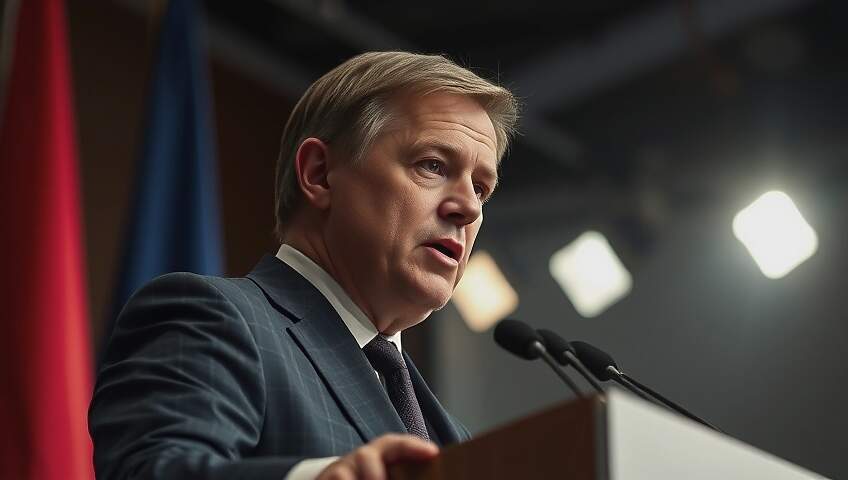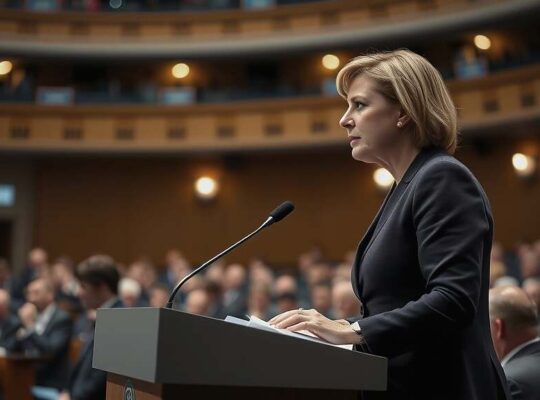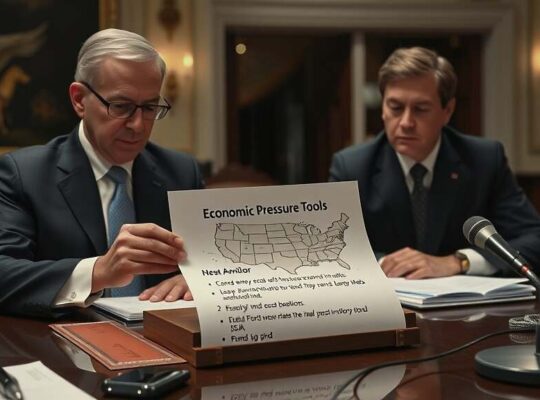Berlin – A significant internal dispute has erupted within Germany’s governing coalition over the possibility of developing an independent nuclear deterrent. Jens Spahn, leader of the CDU parliamentary faction, has publicly advocated for Germany to possess its own nuclear weapons capability, a proposition swiftly and sharply rebuked by his counterpart from the SPD, Rolf Mützenich.
Mützenich, a veteran foreign policy figure and former parliamentary leader of the SPD, characterized Spahn’s suggestion as reckless and irresponsible, asserting it risked escalating international tensions and undermining decades of efforts towards nuclear non-proliferation. He accused Spahn of advocating a dangerous and outdated worldview, labeling the idea of Germany controlling a ‘red button’ as “adventurous and self-important thinking.
The core of the disagreement lies in potential treaty violations. Mützenich emphasized that pursuing an independent nuclear arsenal would contravene key international agreements, including the Treaty on the Final Settlement with Respect to Germany (often referred to as the Two Plus Four Agreement) and the Nuclear Non-Proliferation Treaty. He argued that such a move would not only isolate Germany diplomatically but also severely hamper global efforts to curb the spread of nuclear weapons and foster disarmament initiatives.
“If responsible world politics is tied to the possession of nuclear weapons, as Mr. Spahn claims” Mützenich stated, “the international order will definitively descend into a jungle where only the most powerful and heavily armed states can survive.
Mützenich has directly challenged the CDU and its leader, Friedrich Merz, to clarify their position on Spahn’s proposal. He underscored the SPD’s firm commitment to nuclear non-proliferation, referencing the party’s recent endorsement of a “peace manifesto” that champions increased diplomatic engagement with Russia and warns against an escalating arms race. The internal friction highlights a deep ideological divide within the coalition regarding Germany’s future role in international security and the appropriate response to evolving geopolitical challenges.












